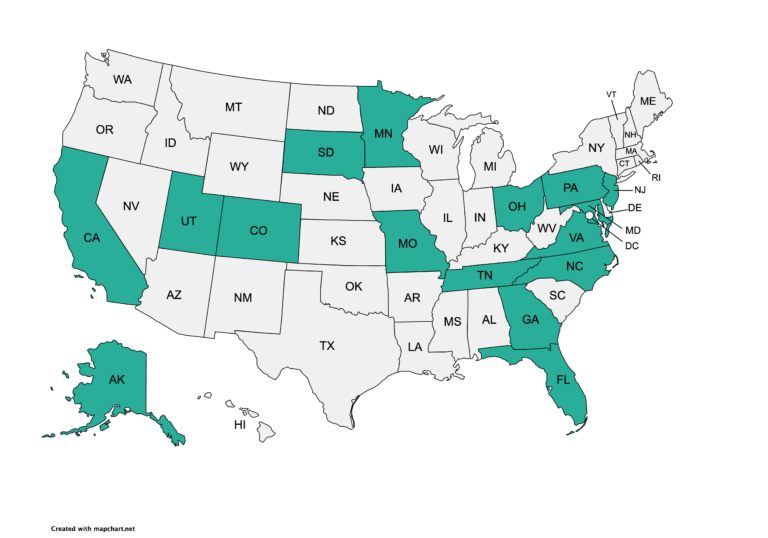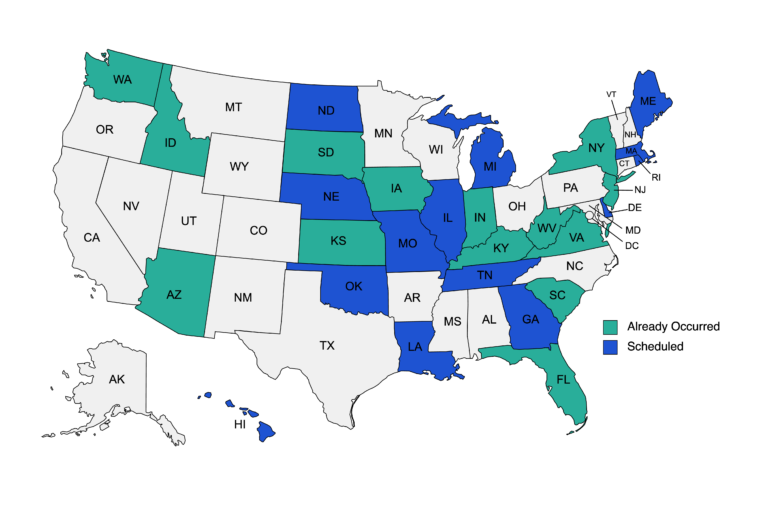Skills-based hiring continues to dominate headlines as major employers like Google and IBM announce plans to remove degree requirements from job descriptions. The federal government — and 16 states — have also begun to codify practices that require the elimination of degree requirements for certain roles. But those policies vary greatly.
Here’s a look at how three very different states are implementing skills-based hiring practices:
- Maryland was the first state to adopt skills based-hiring, eliminating degree requirements for half of the state’s public sector jobs via an executive order signed by former Gov. Larry Hogan.
- Maryland’s executive order covers roles across IT, customer service, and administration. In the first year, hires increased by 41% – an early indicator that the elimination of degree requirements helped broaden the talent pool for hard-to-fill jobs.
- In California, Gov. Gavin Newsom took a more moderate approach, issuing an executive order directing the California Human Resources Department (CalHR) to evaluate whether a college degree is needed for a particular position whenever its classification is reviewed.
- Tennessee Gov. Bill Lee signed into law House Bill 1916, which specifically bans the use of a bachelor’s degree as a “condition of eligibility” for employment by the state. The bill does, however, make an exception when “knowledge, skills, or abilities” needed for the position can only be obtained through the acquisition of a degree.
Go deeper: For additional information, check out the National Conference of State Legislatures (NCSL) summary of state actions to eliminate degree requirements, or reach out to us.




